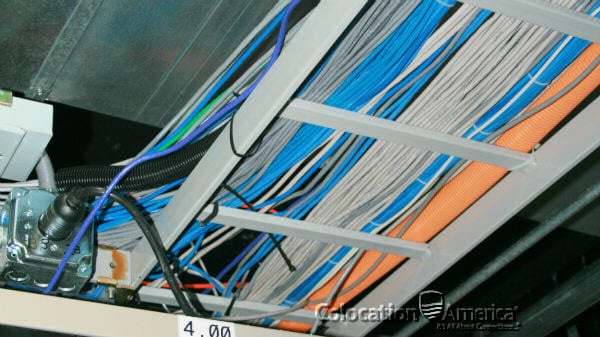Advantages of Class C IP Addresses
Search Engine Optimization (SEO), or SEO hosting with Class C IP Address is a simple variety of hosting service that utilizes different C Class IP Addresses. It’s well known that any IP address always contains four different blocks simply like a telephone number. the many algorithms of Google are effective at using this code block thereby representing the location of the website’s hosting. When you decide on SEO Hosting with Class C IP Address, you are guaranteed classes of ip addresses that you would be provided data centers that may be found in different sections around the globe, allowing you to have multiple Class C IP Addresses. As is common knowledge, every internet-connected machine on a network has an address, much like your house. Computers use their addresses, much like you would send a letter in the mail, to send information to another machine on a network. This address is referred to as an Internet Protocol (IP) address.
IP addresses, due to binary restrictions, are confined to unique ranges. Displayed as decimals, an IP address can read anywhere from 0.0.0.0 to 255.255.255.255. To know whether or not the IP address is within a valid host network, IP addresses are sorted within five ranges—or classes. The ranges are named alphabetically as:
- Class A IP addresses – range from 0-127 in the first byte. These are designed to be used in very large companies like Google.
- Class B IP addresses – range from 128-191 in the first byte and are designed to be used in medium-sized companies.
- Class C IP addresses – range from 192-223 in the first byte and are designed to be used in small-sized companies.
- Class D IP addresses – range from 224-239 in the first byte and are not used in the public sector, instead being reserved for multicast addressing.
- Class E IP addresses – range from 240-255 in the first byte and are also not used in the public sector, instead being reserved for scientific studies.
What Is a Class C IP Address
To assure the superiority of a website, each search engine analyzes all of your backlinks and the page rank of your site. In view of this, multiple companies have created multiple kinds of SEO Hosting services along with Class C IP addresses. Large companies can exploit these to make certain that their company website will rank on at the top of Google and Bing search engine listings. One way a website can gain such an advantage is listings across the web is by having their own Class C IP Address. Search Engine Optimization (SEO hosting) with Class C network address is a straightforward form of hosting services that uses different C Class IP hosting addresses. The C Class IP addresses always contain four unique blocks. An example is 123.456.789.1. In this example, the server is hosted on the “789” C block and has a unique value that can help provide equity to links that you may have between multiple sites. A mixture of algorithms are used for Google to take this block of code and provide the location of the hosting of the website.

To assure the superiority of a website, each search engine analyzes all of your backlinks and the page rank of your site. In view of this, multiple companies have created multiple kinds of SEO Hosting services along with Class C IP addresses. Large companies can exploit these to make certain that their company website will rank on at the top of Google and Bing search engine listings. One way a website can gain such an advantage is listings across the web is by having their own Class C IP Address.
Classes of IP Addresses

IP addresses (using the IPv4 standard) are divided into 5 classes:
- Class A
- Class B
- Class C
- Class D
- Class E
They are defined as such:
| Class | Starting Address | Ending Address |
| A | 0.0.0.0 | 127.255.255.255 |
| B | 128.0.0.0 | 191.255.255.255 |
| C | 192.0.0.0 | 223.255.255.255 |
| D | 224.0.0.0 | 239.255.255.255 |
| E | 240.0.0.0 | 255.255.255.255 |
Each IP class has a purpose in the world and are assigned to the internet as such:
| Class | Purpose |
| A | These are designed to be used in very large companies like Ford Motor Company. |
| B | These are designed to be used in medium-sized companies |
| C | They designed to be used in small-sized companies. |
| D | They are not used in the public sector, instead being reserved for multicast addressing |
| E | They are also not used in the public sector, instead being reserved for scientific studies. |
